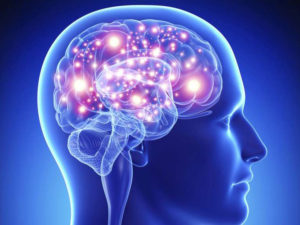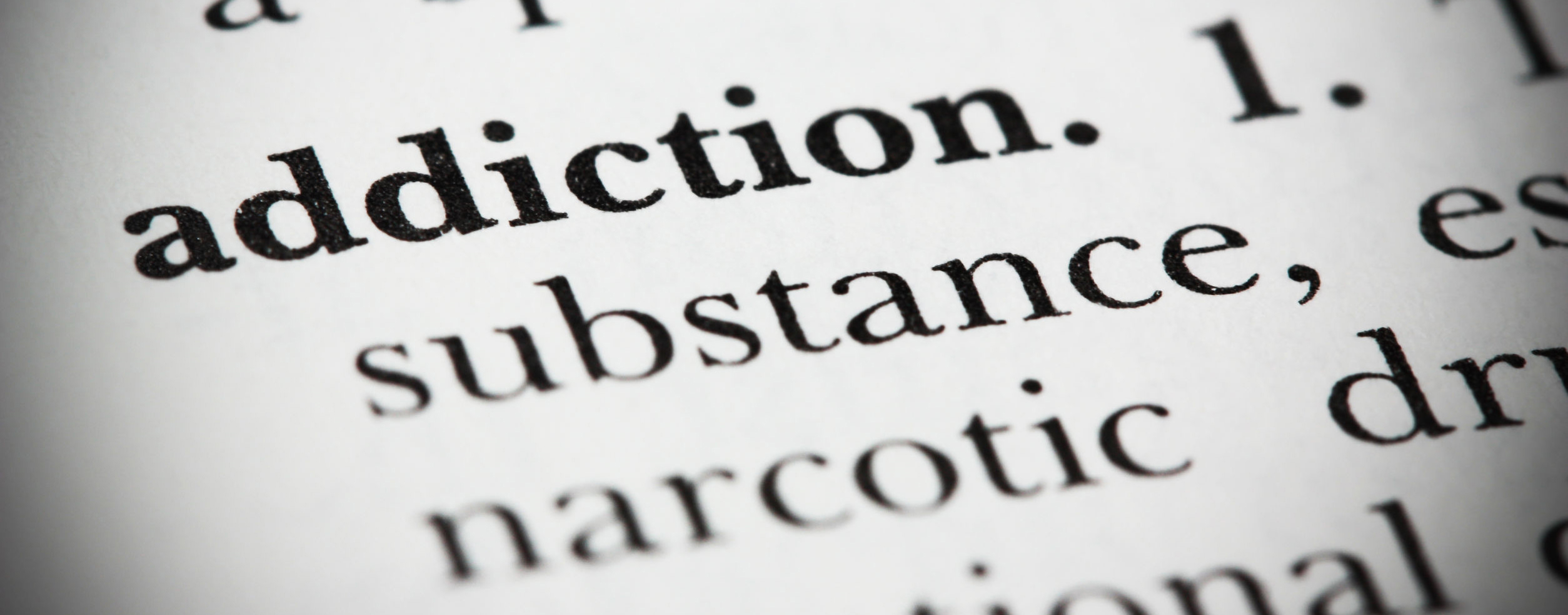When you love an alcoholic who is trying to quit, it can be incredibly frustrating especially if you do not struggle with addiction. The answer to your loved one’s problem may seem quite simple-just stop drinking. But trust me, if it were that simple, we wouldn’t have countless treatment centers and treatment programs. There is a chemical element that must be understood. The addict’s brain literally believes they must have alcohol- it is a matter of life or death. The following describes the process in lay terms.
When someone ingests alcohol it affects the pleasure center of the brain and the chemical reaction is the elevation of dopamine levels in the brain, which is what some people refer to as “the buzz.” When a person consumes alcohol on a regular basis, the brain realizes there’s an abundance of dopamine and it adjusts the body’s automatic release of dopamine downward in order to stabilize the chemical levels. That is why over time people find they need to drink more in order to get the same buzz they used to get after only two drinks.
All drugs trick the brain’s reward system by making it think it has done something wonderful when in fact it has simply experienced high levels of chemicals. That’s why many addiction professionals say “drugs hijack the brain.”
Chronic use alters the brain’s reward pathway and it’s ability to respond. The body doesn’t produce enough dopamine so now it craves alcohol to just be “normal.” That’s why alcoholics experience physical reactions to not having enough alcohol in their system–like hand tremors. Their body is screaming for the alcohol – they need it to just stabilize. The problem is alcohol has become a “need” rather than a “want.” The alcoholic is now at a place where they can’t even feel normal-they have to have alcohol to “just feel normal.” Use of the drug becomes central to the user’s life so their behavior becomes compulsive-they have to do it.

Think about a situation where a person is drowning. The individual’s brain is saying “breathe in” because it needs oxygen. But by breathing in the person will die. Addiction is similar. The brain has reduced its production of dopamine so low that the brain is sending desperate messages for the drug-it’s life or death. The alcoholic’s brain needs the alcohol which is why stopping cold turkey is not recommended. Detox can be medically dangerous resulting in death so medical supervision is recommended.
After detox, the body re-adjusts to not having the alcohol. The person can experience depressed mood, irritability, frustration, and disturbances in sleep. Making it through these days, weeks and months can seem unbearable and many people just give up. It’s important for the recovering individual to know that this struggle gets easier as the days go by. Once a person experiences even a month of freedom from alcohol, they begin to experience more clarity in thought, better sleep patterns, more happiness from everyday life, and a newfound joy. However, many people relapse during this time because they tell themselves they will just have one or two drinks but not go back to the way it was. The person truly believes he/she will be able to do just that. But once the individual drinks again, the cravings begin and within a matter of time their usage is back to dangerous levels.
When an alcoholic tries to quit drinking, many things trigger the neuro pathways that were developed when they were drinking. These pathways are now so engrained in their mind, that a memory or actually seeing certain people, places and things trigger their strong desire to get alcohol. In the early stages of recovery, it is important to be intentional about changing those neuro pathways which may include changing their patterns. For instance, they may be triggered to drink by driving their normal path home because they associate it with stopping at the liquor store. Certain people will trigger a response. When the alcoholic realizes so many things need to change it can be overwhelming.
Some people find AA helpful because they realize they are not alone in this process. Others are making these types of changes too. Then as time moves on and the person has more sobriety under their belt, they will find newcomers at a support group help them remember how bad it was to be imprisoned by addiction. Newcomers actually help solidify the desire to remain sober. Another thing that is important in early recovery is to stay in the current day and not project into the future because it can make sobriety seem unachievable. That’s where the saying, “One day at a time” comes from. We need to not project ahead to troubles that may never happen.
Supporting a loved one going through this experience is riddled with difficulty. We are all different so there is no one-size-fits-all path to follow. Some general suggestions are:
- Recognize that anger, irritability, and general discontentment is normal. Try to be supportive by being present with the alcoholic but not overbearing.
- Try not to constantly ask how they are feeling. Let them talk about it when they are ready. Simply let them know you are available.
- Realize that if you don’t struggle with addiction yourself, you will likely never really get it and that alone may frustrate your loved one. Allow them freedom to seek out support from other alcoholics/addicts who know what they are experiencing.
- If possible, delay serious decisions or major life changes during this time. Give the alcoholic freedom to just focus on healthy living and embracing the challenges in sobriety.
- Take good care of yourself and get support to manage the wide array of emotions you are feeling.
- Learn as much as you can about addiction. Going to Al-Anon can be highly beneficial.
- Develop good boundaries to prevent yourself from falling into caretaking or codependency.




